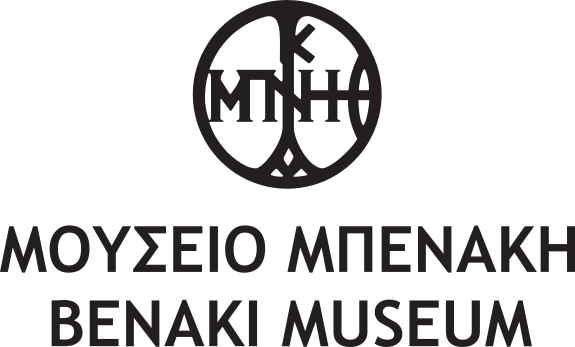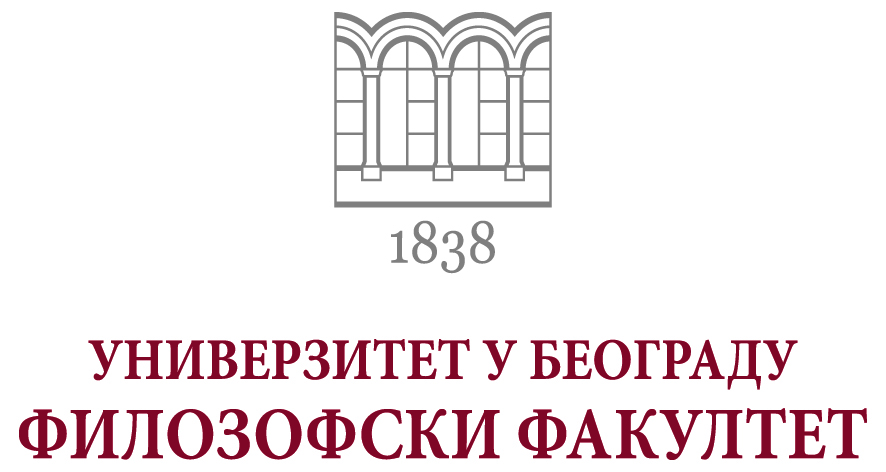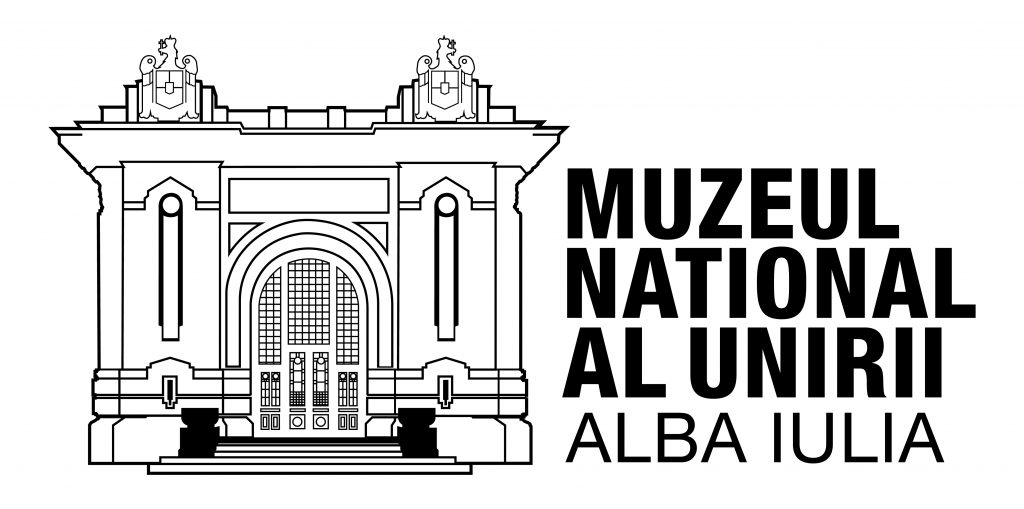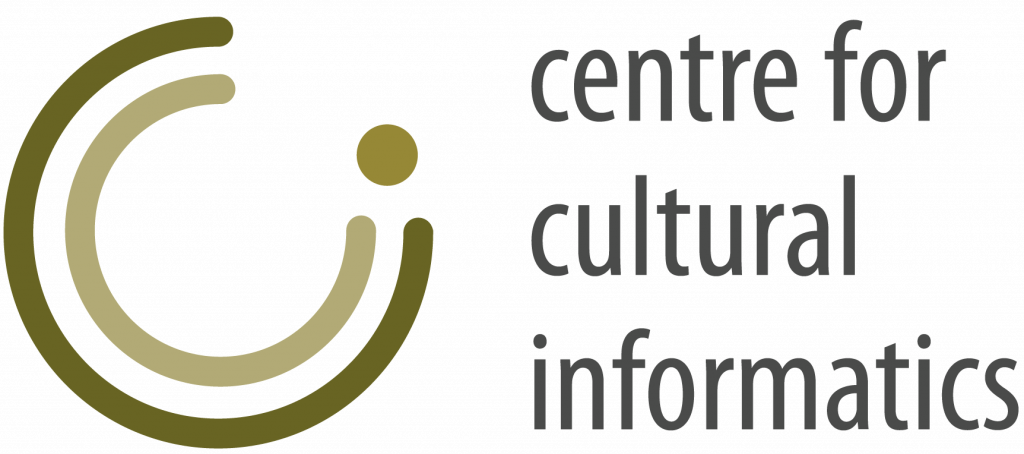RICONTRANS Research Institutions
Host Institution

Institute for Mediterranean Studies (IMS-FORTH)
Rethymnon, Crete, Greece
The Institute for Mediterranean Studies (IMS) – based in Rethymno, Crete – was founded in 1985 and is one of the seven Institutes of the Foundation for Research and Technology Hellas (FORTH), a leading research institution in Greece. IMS’s research fields include the humanities, social sciences, and the application of science and technology on cultural heritage and the environment. The Institute has been distinguished for the historical research it has produced in the fields of economic, social, Ottoman, and maritime history, and has received the first four ERC grants (2016, 2017, 2018, 2019) ever to be given in the field of humanities in Greece. It is home to the only “El Greco” Art History Center in the Mediterranean and contains the single wealthiest archive pertaining to the modern Greek theater. It has received a number of international distinctions in the field of the application of new technologies in archaeological research with the methods of geophysical research and geoinformatics. It is also home to various specialized collections of books and archival material.
The Institute’s research programs focus on the history and culture of Greece and other countries of the Mediterranean and the Black Sea in various historical periods, from prehistory to modern times. To date, its research focuses on three research fields: (a) Mediterranean History, (b) Mediterranean culture, (c) Geoinformatics technology for Culture and Environment, and is undertaken by ten teams of researchers based in the Institution’s research sections, centers, and labs.
The research programs of the Institute are carried out by its permanent researchers and collaborating faculty members. In the framework of these research programs PhD Theses and other diplomas are supported, prepared, and submitted to the higher educational institutions with which IMS collaborates and, particularly, the University of Crete, the Technical University of Crete and the Technological Educational Institute of Crete. IMS supports education at post-graduate and post-doctoral level with a considerable number of annual scholarships, thus managing to attract a steady flow of young researchers and to promote research in the field of humanities at the periphery.
The Institute maintains close academic relationships with various international research foundations in Cyprus, Turkey, Bulgaria, Italy, France, Spain, England, Belgium, Tunesia, Egypt, China, USA, a.o.
IMS is administered by a director and five members who form the academic council. It is housed in two separate buildings in the old town of Rethymno, owned by the Institute. The main structure of the first building dates back to the Venetian period of Crete (13th – 17th century).
Research team
Dr. Yuliana Boycheva, Art Historian, Principal Investigator
Associate Professor Panayotis Ioannou, Art Historian, Researcher
Dr. Daria Resh, Philologist, Researcher
Dr. Katerina Seraïdari, Social Anthropologist, Researcher
Dr. Sofia Katopi, Art Historian, Postdoctoral Researcher
Maria E. Fragopoulou, Art Historian, Research Assistant
Katerina Stathi, Historian, Project Coordinator
Elena Stamatelou, Ph.D. student
Aspasia Chalkiadaki, M.A. student
Ermolaos Karaklidis, M.A. student
Elisavet Margeti, M.A. student
Eirini Touloupi, M.A. student
Former Collaborating Member
Dr. Tatiana Borisova, Philologist, Researcher
Dr. Tasos Kostopoulos, Historian, Postdoctoral Researcher
Second Beneficiary

The Benaki Museum
Athens, Greece
Research team
Assistant Prof. Anastasia Drandaki, Archaeologist/Art Historian. Lead Researcher
Mara Verykokou, Museologist, Participant Contact
Vassilis Paschalis, Art Conservator
Alexandra-Eleni Kalligas, Art Conservator
Collaborating Research Institutions

Department of History of Art, Faculty of Philosophy
University of Belgrade, Belgrade, Serbia
The Faculty of Philosophy of the University of Belgrade was founded in 1838 and is the oldest and most prominent institution of higher education in Serbia and among the oldest in South-Eastern Europe. Today it is a modern school in compliance with contemporary trends in European academic space and maintains a high standard of academic excellence. It employs 255 teaching staff members and has approximately 6000 undergraduate and graduate students enrolled in nine departments: Department of Philosophy, Department of Classics, Department of History, Department of Art History, Department of Archaeology, Department of Ethnology and Anthropology, Department of Sociology, Department of Psychology, and Department of Pedagogy and Andragogy.
Research Team
Prof. Nenad Makuljević, Art Historian, Researcher
Assistant Professor Anna Kostic, Art Historian, Research Assistant
Dr. Vuk Dautović, Art Historian, Research Assistant
Irena Ćirović, Art Historian, Research Assistant
Ivana Ženarju Rajović, Art Historian, Research Assistant
Teodora Bradić, Art Historian, Research Assistant

National Museum of the Union
Alba Iulia, Romania
The Museum was established in 1888, under the patronage of History, Archaeology and Natural Sciences Society of Alba County (former Austro-Hungaria). After unification of Transylvania with Romania on the 1st of December 1918, it was taken over by Astra Society and, in 1929, it was reorganised under the name of Union Museum and was sheltered in the north-eastern wing of the complex of Coronation Cathedral. Functioning in the actual headquarters of the Babilon Palace and the former Army House, dating from 1968, it includes the departments of Archaeology, History, Restoration, and a Sacred Art department – Museikon. Since 1942, the Museum publishes the Apulum journal, and, since 2017, a second journal called Museikon. A Journal of Religious Art and Culture.
In the beginning, the main activity of the Museum was research and conservation of the archaeological discoveries resulting from the urban planning of Alba Iulia, mainly those belonging to the Roman town Apulum. Subsequently, research expanded over prehistorical, Roman, and medieval sites from Alba county (Romania). Since 1958, history, ethnographical, art collections as well as library began developing. Historical research was mainly focused on the Unification in 1918 and on some subjects related to history of culture. During the years, the museum’s activity was diversified, and re-enactment approaches were being adopted. In 2017, a new department opened with the name Museikon, focusing on religious art and especially religious culture from Transylvania.

Research Team
Dr. Ana Dumitran (Curator of the icon collection at the National Museum of the Great Union, Alba Iulia), Researcher
Dr. Dumitrița Daniela Filip, Research Assistant
Dr. Cristina Cojocaru, Research Assistant

Center for Cultural Informatics / Institute of Computer Science / FORTH
Herakleion, Crete, Greece
Head of the Centre: Dr. Martin Doerr
Information management for cultural and scientific heritage supports the documentation, exchange, presentation and preservation of historical sources, facts, human memories and the evidence of material culture spanning all areas of human activities, including sciences. It supports the scholarly and scientific discourse reconstructing and interpreting possible pasts. The discourse in cultural heritage is particularly rich, ranging from physical investigation methods (e.g. radiocarbon analysis) to analysis of historical sources and philosophical considerations, and arguments combining all those aspects. Therefore the cultural heritage domain provides a particular challenge for knowledge representation and the design of effective information systems supporting this discourse. It extends seamlessly into the recent and past record keeping of all kinds of knowledge creation processes of observation, evaluation and hypotheses building in other sciences. It provides both a rich application field for the research results of ISL and advanced research questions of its own, particularly in ontology engineering and discourse analysis.
ISL addresses these challenges through a specialised unit, the Centre for Cultural Informatics (CCI), which is currently the most extensive facility of ISL in terms of manpower and external funding. The Centre for Cultural Informatics pursues a comprehensive, cross-disciplinary approach to supporting the entire lifecycle of cultural information and documentation procedures for the benefit of study, preservation and promotion of cultural heritage. Special focus is laid on semantic interoperability, information integration and integrated access. The cross-disciplinary mission of the Centre is underpinned by maintaning rich co-operations with cultural institutions and scientists from the humanities, that range from pure research, community work on documentation methods and standards down to rich application development and consulting.
The operation of the Centre brings together skills in knowledge representation, ontology engineering, knowledge organisation systems, database technology and web technology with expertise in archaeology, museum documentation and management, sites and monuments management, art conservation, archives and libraries, thesaurus and dictionary management and other cultural disciplines.
The activities of the Centre unfold in three directions:
1. Targeted research with focus on the formal representation of information structure and scientific discourse in the humanities, in the machine – supported communication and in the semantic interoperability.
2. Community building for the promotion of standards, complementary skills and know-how in the creation, processing, integration and presentation of cultural information for the benefit of quality, accessibility and exploitation of digital cultural content.
3. Targeted development of advanced information systems that provide a scientific challenge or a proof -of -concept in real settings.
Results of these activities include:
- Data models and standards
- Monuments’ and museums’ information systems
- Source material management systems
- Terminology systems
- X3ML Toolkit
In addition, the Centre works as competence center for the CIDOC-CRM (ISO 21127), by building up and exchanging application know-how, consultancy to implementers and researchers, and contribution to the dissemination, maintenance and evolution of the standard itself.
Collaborations:
- CCI and the Germanisches National Museum – Nuremberg maintain a general collaboration on cultural-historical information processing and interdisciplinary research
- CCI provides an administrational home to the CIDOC-CRM Special Interest Group
- CCI has provided services to Institutions such as the Deutsches Museum – Munich, the Institut für Museumskunde – Berlin, the National Documentation Center – Athens and the European Centre of Byzantine & Postbyzantine Monuments (EKBMM) – Thessaloniki
Research Team
Chrysoula Bekiari, R & D Engineer
Dr. Pavlos Fafalios, Postdoctoral Researcher
Konstantina Konsolaki, R & D Engineer
Lida Charami, Archaeologist
Collaborating Researchers
Professor Ivanka Gergova, Art Historian, Researcher, Bulgaria
Associate Professor Angel Nikolov, Historian, Researcher, Bulgaria
Assistant Professor Nikolas Pissis, Historian, Researcher, Greece
Dr. Lora Gerd, Historian, France
Natalia Komashko, Art Historian, Bulgaria